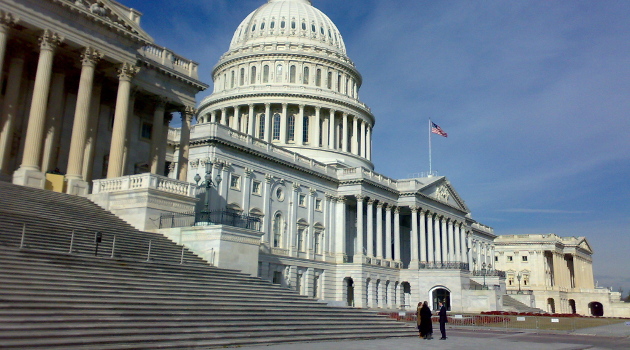
by Robert O'Quinn | Sep 8, 2023 | CF&P Foundation Prosperitas Studies, Publications
[PDF Version] Federal Spending Primer, Part III: The Spending Problem is an Entitlement Problem By Robert P. O’Quinn* Part I of this series explained that there are different types of spending while Part II noted that the overall burden of federal spending...

by Robert O'Quinn | Sep 6, 2023 | CF&P Foundation Prosperitas Studies, Publications
[PDF Version] Federal Spending Primer, Part II: The Spending Burden By Robert P. O’Quinn* There are several ways to measure the burden of government spending and how that burden changes over time. The simplest way is to look at how much government is...

by Robert O'Quinn | Jul 25, 2023 | CF&P Foundation Prosperitas Studies, Publications
[PDF Version] Federal Spending Primer, Part I: Budget Basics By Robert P. O’Quinn* This primer explains the core features of federal budgeting. The first section defines key concepts related to spending, revenue, loans, and debt. The second section...
by Dan Mitchell | Jul 5, 2012 | Big Government, Blogs, Europe, Government Spending
With all the fiscal troubles in Greece, Spain, Ireland, Portugal, and Italy, there’s not much attention being paid to Cyprus. But the Mediterranean island nation is a good case study illustrating the economic dangers of big government. For all intents and purposes,...
by Dan Mitchell | Apr 27, 2012 | Big Government, Blogs, Government Spending, Taxation
I’ve argued, ad nauseam, that the single most important goal of fiscal policy is (or should be) to make sure the private sector grows faster than the government. This “golden rule” is the best way of enabling growth and avoiding fiscal crises, and I’ve cited nations...




